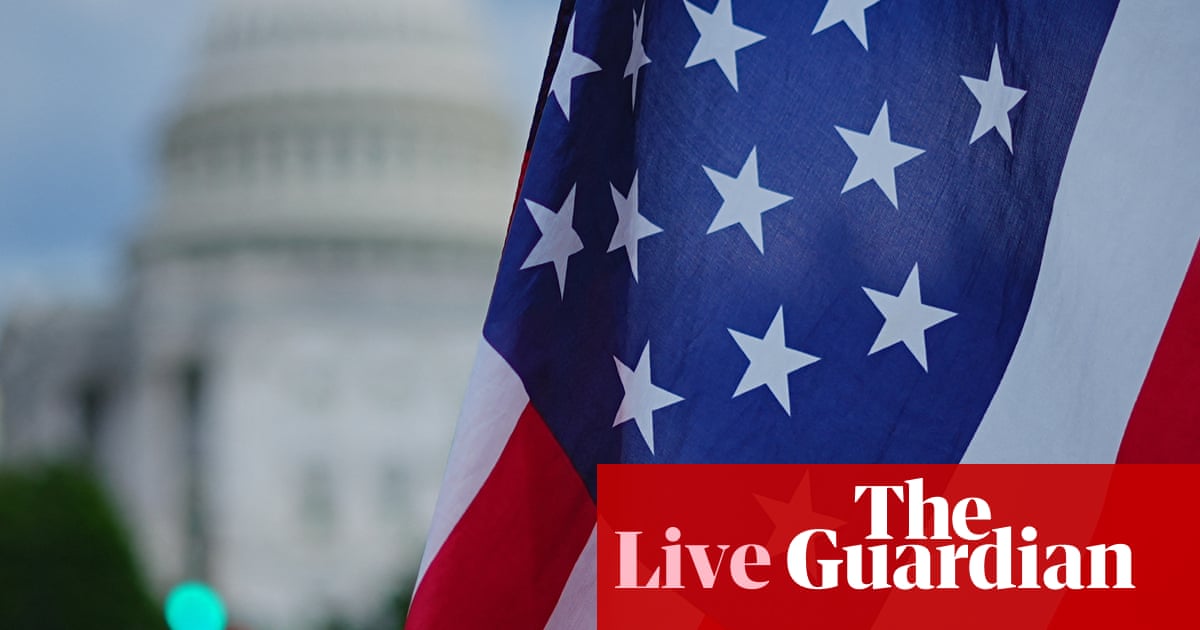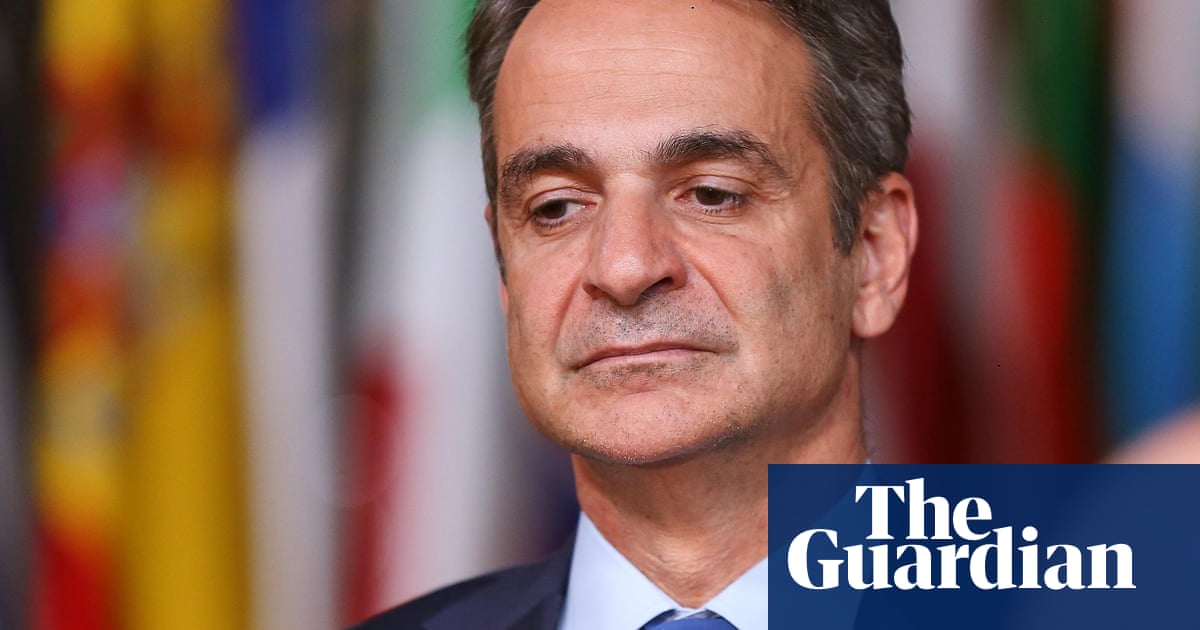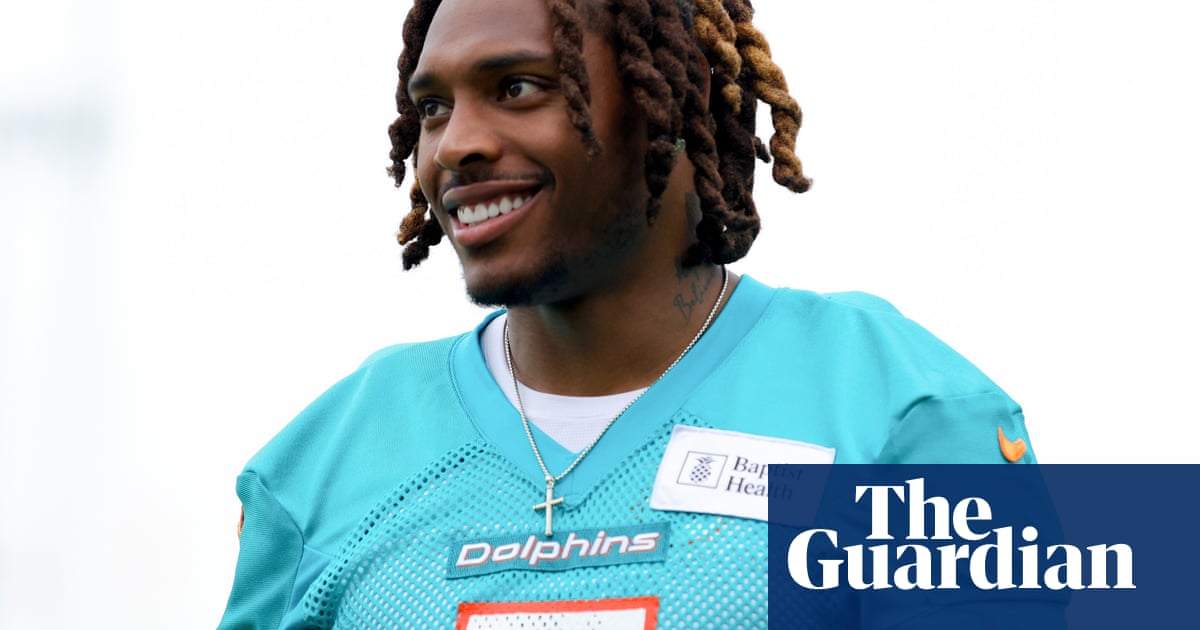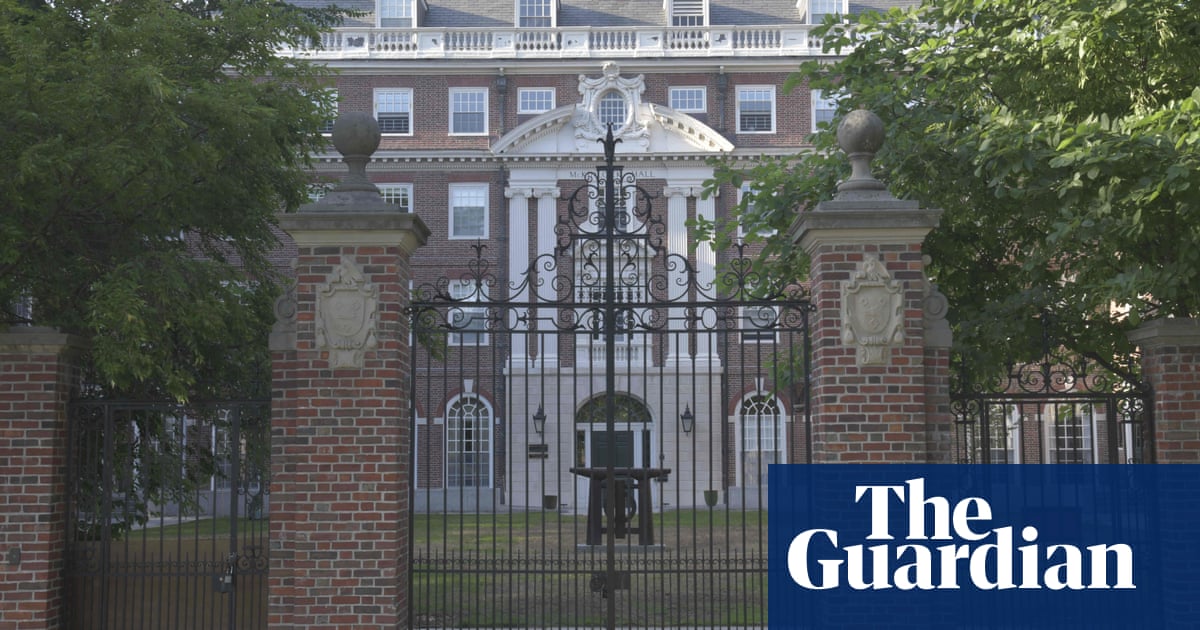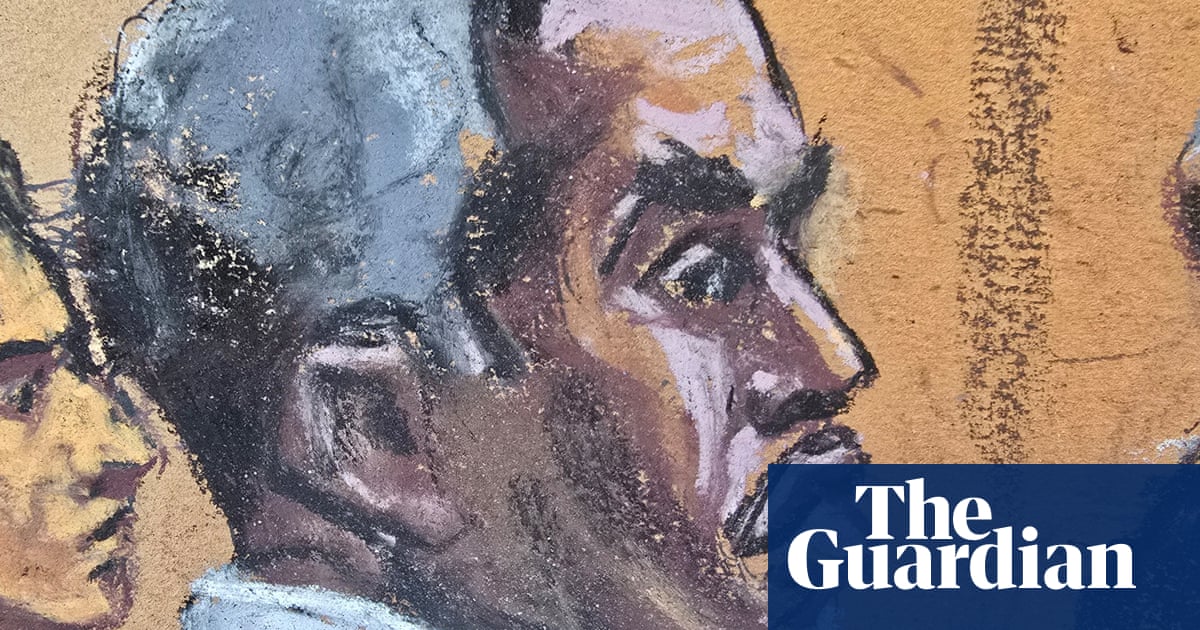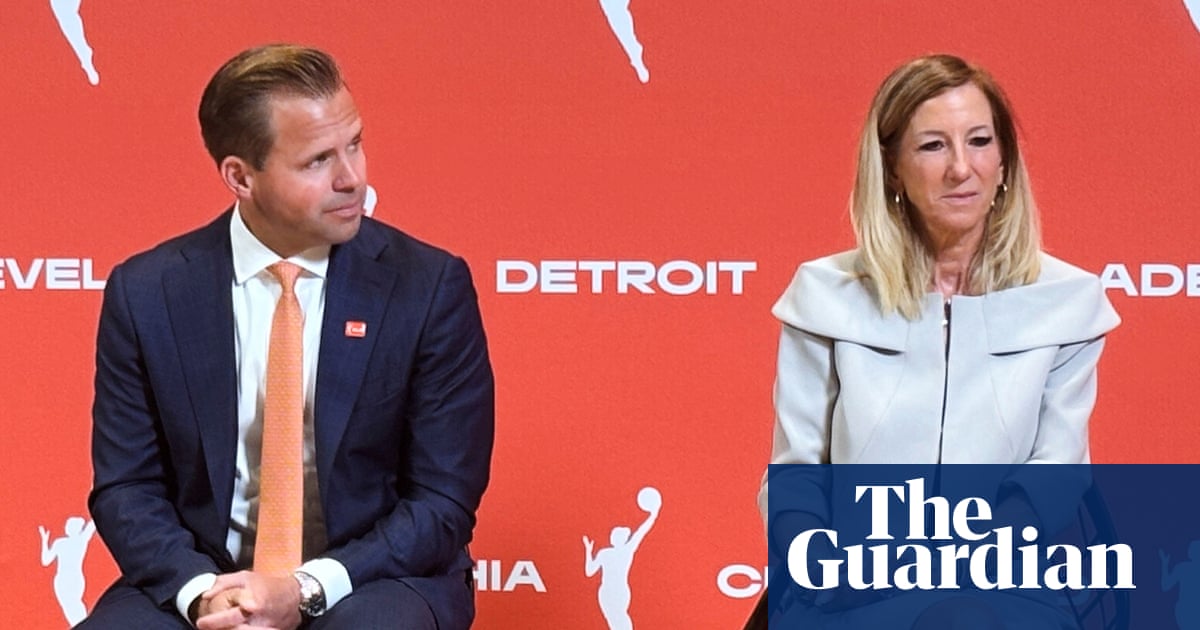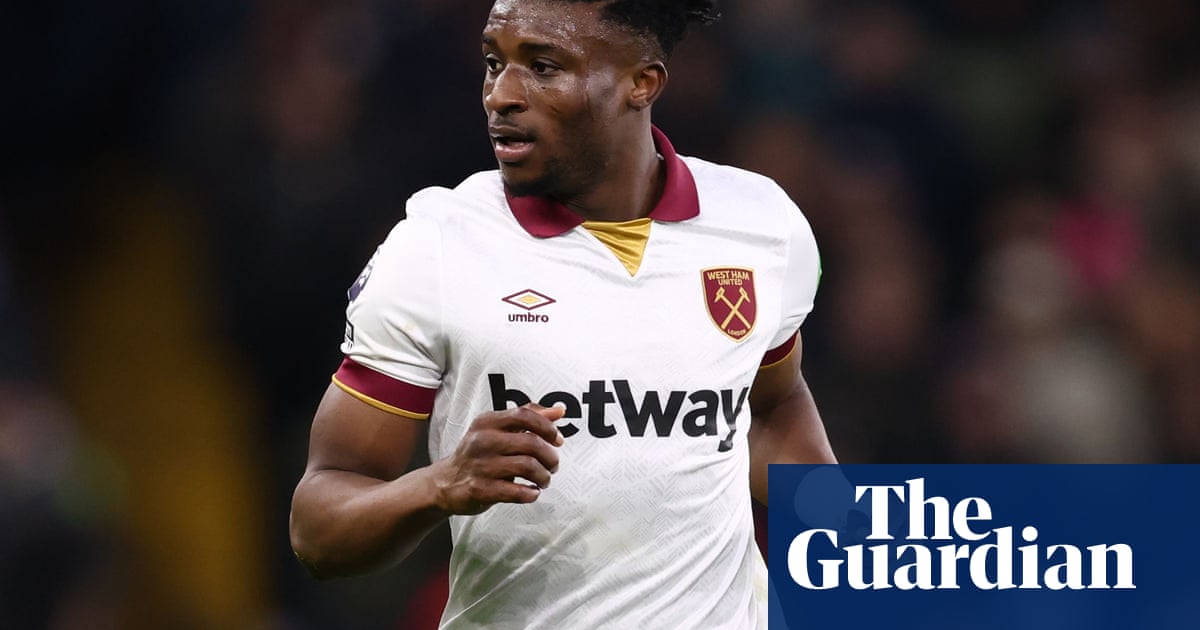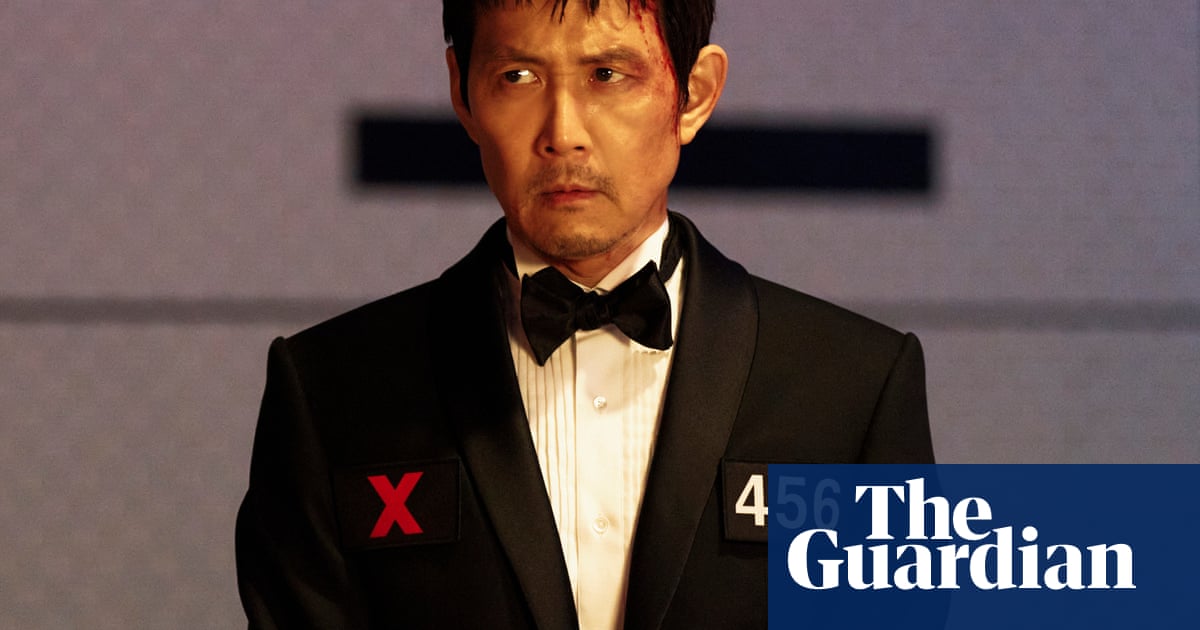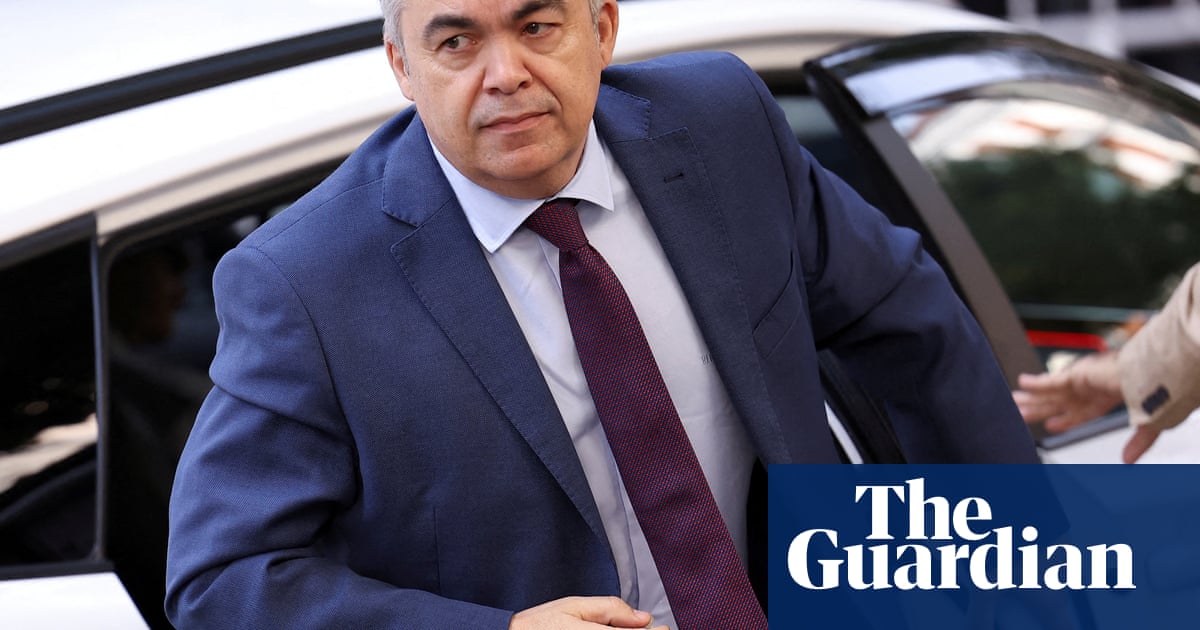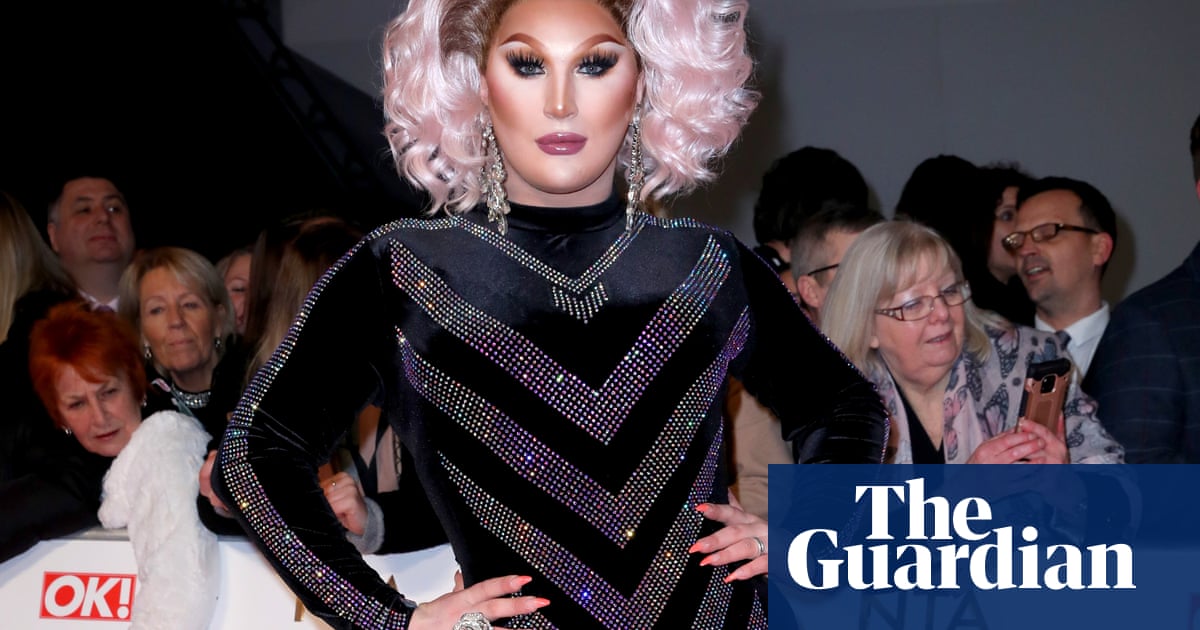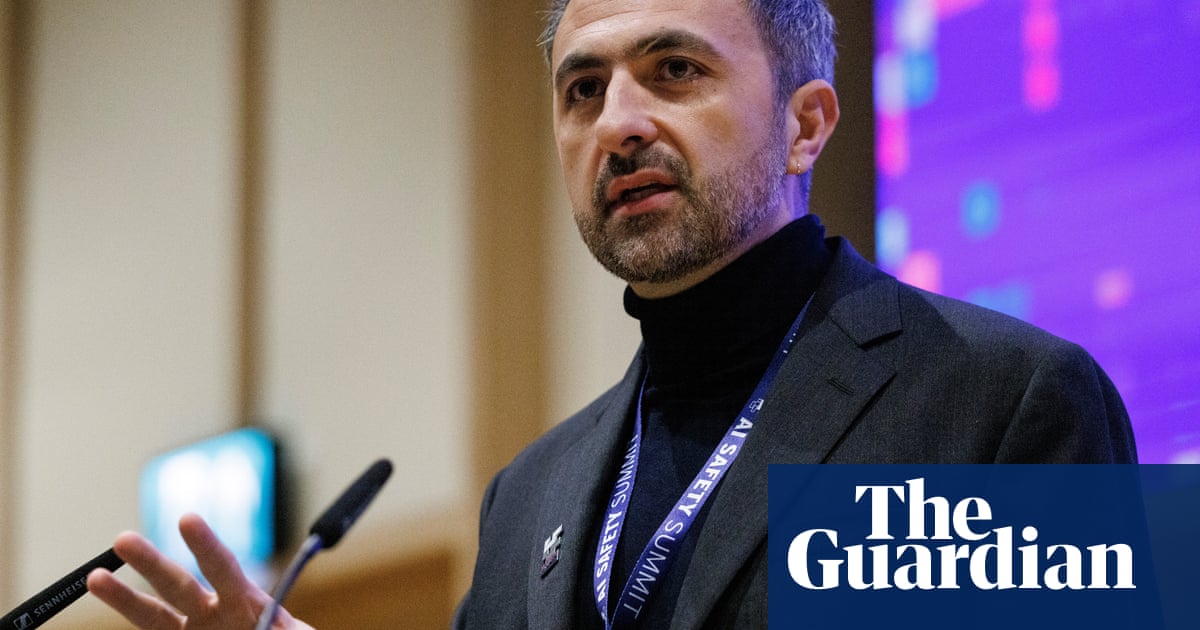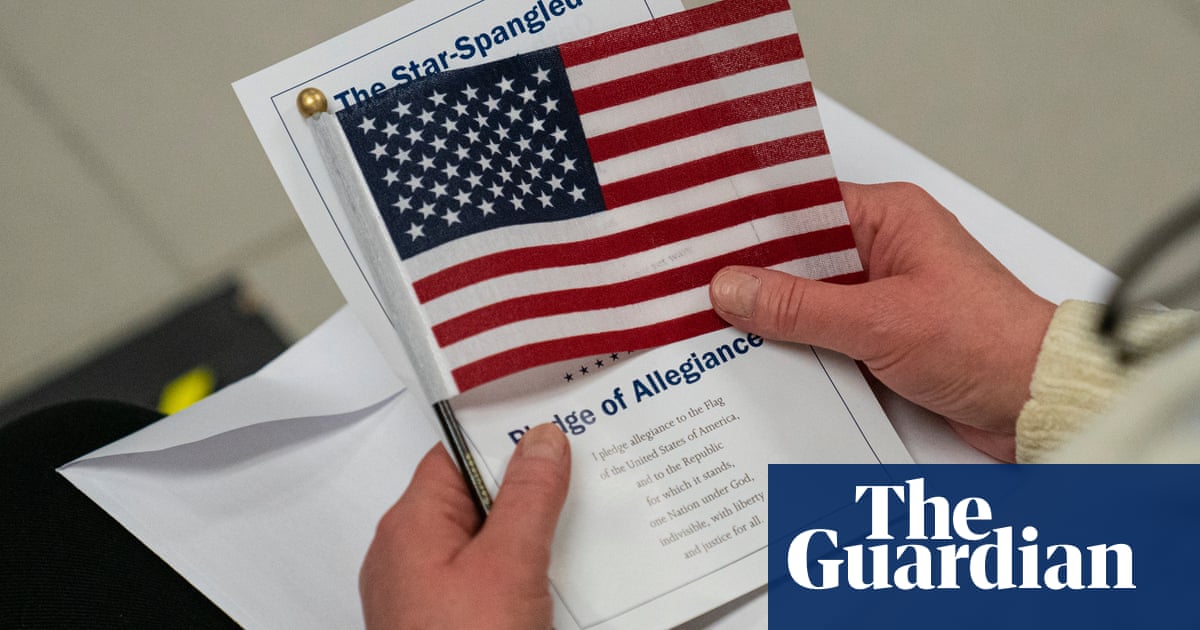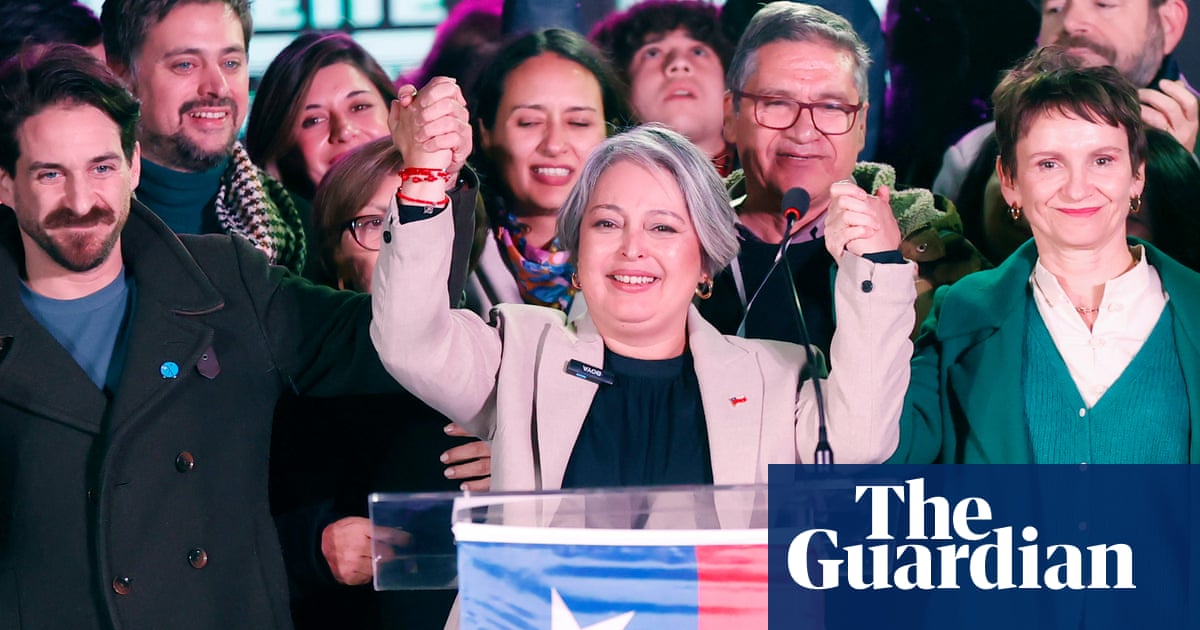The chief executive of the American chip maker Nvidia visited Beijing on Thursday, days after the US issued fresh restrictions on sales of the only AI chip it was still allowed to sell to China.
Jensen Huang’s surprise visit was on the invitation of a trade organisation, according to a social media account affiliated with state media.
The official broadcaster China Central Television said Huang met Ren Hongbin, the head of the China Council for the Promotion of International Trade, where he said he hopes “to continue to cooperate with China”.
China Daily, the ruling Communist party’s official English-language outlet, published a photo of Huang in the capital, saying the trip came “three months after pledging to continue cooperation with #China during his last visit”. It added the hashtag #OpportunityChina, which it has previously used in posts promoting US-China exports.
The visit caps a tumultuous week for Nvidia. The US restrictions, announced on Tuesday, apply to shipments of its H20 datacentre GPUs, a lower-powered version of other Nvidia chips, which was designed specifically to comply with Biden-era restrictions on sales to China.
The US government, which is battling China in the race for AI supremacy, told Nvidia the new rules were designed to address the risk that its products might be “used in, or diverted to, a supercomputer in China”.
The company has said the new controls will cost it $5.5bn (£4.2bn) in earnings. Shares of the company slumped about 7% on Wednesday.
US restrictions on tech supplies to China, as well as extensive tariffs on foreign imports, have put enormous pressure on the tech industry, and Nvidia’s stock is among many in the sector to have fallen steeply in recent weeks. Trump has threatened separate tariffs on the global semiconductor industry, in an effort to bring manufacturing bases on to US soil.
The fresh Nvidia chip restrictions came a day after the semiconductor company said it would build up to $500bn worth of AI infrastructure in the US over the next four years.
Nvidia designs its chips but outsources its production to contractors such as Taiwan Semiconductor Manufacturing Company. TSMC has also pledged massive investment projects in the US, which Trump said would exempt it from the tariffs. The White House said in a statement that Nvidia’s decision was “the Trump effect in action”.
The Financial Times reported that Huang also met the DeepSeek founder, Liang Wenfeng, in Beijing, to discuss new chip designs for the AI company that would not trigger the new US bans. In January the shock emergence of DeepSeek, an AI chatbot seemingly much more advanced than existing rivals but developed for far less investment, sent the tech industry into a tailspin, and a global sell-off of shares.
The US House of Representatives’ China committee has written to Nvidia asking it to explain whether DeepSeek obtained export-controlled chips to power its artificial intelligence app and, if so, how. It has said the app poses a “profound threat” to national security.
Huang has said publicly that Nvidia will balance legal compliance and technological advances under Trump but has promised that nothing will stop the global advance of AI. “We’ll continue to do that and we’ll be able to do that just fine,” the Taiwan-born entrepreneur told reporters last year.
after newsletter promotion
Huang’s arrival in Beijing caused a stir on Chinese and Taiwanese social media. He’s a celebrity figure in Taiwan; on recent visits large crowds of fans greeted him and there was breathless reporting of his itinerary.
Trump’s tariffs have sparked chaos in global markets and among governments, including US allies. After announcing a range of tariffs against different countries, which he accused of “ripping off” the US by having a trade surplus, Trump later drew them all back to 10% (except China, which he kept at 145%) for a 90-day pause. He claimed governments were begging to negotiate with the US to rewrite trade agreements.
On Thursday he posted on social media that there had been “big progress” in talks with Japan the previous day. Japan had not expected the US president to get involved in Wednesday’s talks, viewing them as a preliminary, fact-finding mission, a sign that Trump wants to keep tight control over negotiations with dozens of countries expected over the coming days and weeks.
Japan’s prime minister, Shigeru Ishiba, warned that the talks “won’t be easy”, but he said the president had “expressed his desire to give the negotiations … the highest priority”.
Additional reporting by Jason Tzu Kuan Lu

 2 months ago
41
2 months ago
41
